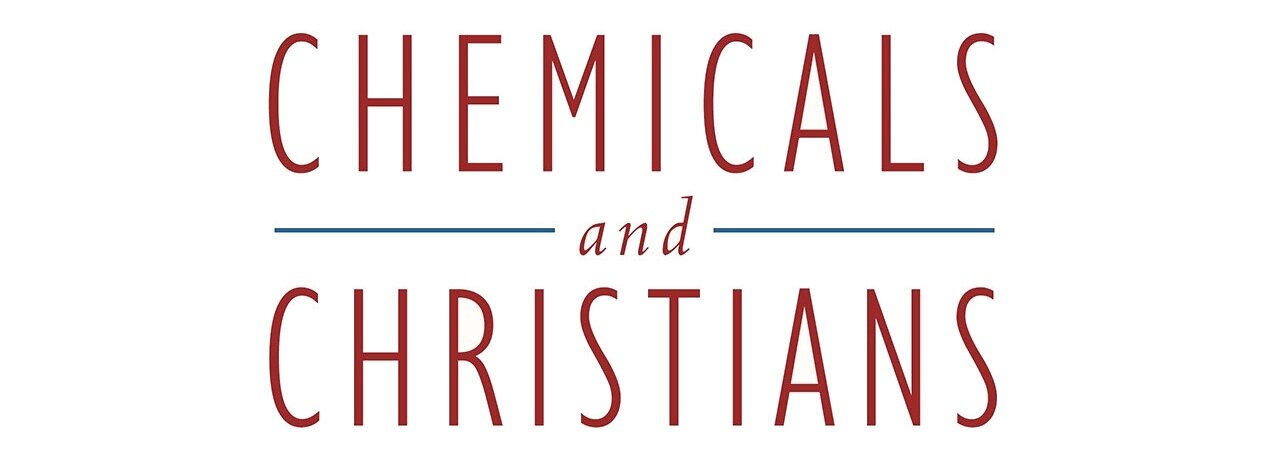In a previous post that I've referenced several times, I reported on an article by Dr. Ann McCampbell entitled Multiple Chemical Sensitivities Under Siege.I spoke of non-profit organizations formed specifically for the purpose of combating awareness and acceptance of MCS and listed some of the activities of one of them. The efforts of the chemical industry to discredit MCS go far beyond that, however, and today I'm going to revisit the issue and share some of the other points the article made.
McCampbell notes that chemical manufacturers are behind a concerted campaign to cast doubt on the existence of MCS. She reports:
“To that end, they have launched a multipronged attack on MCS that consists of labeling sufferers as ‘neurotic’ and ‘lazy,’ doctors who help them as ‘quacks,’ scientific studies which support MCS as ‘flawed,’ calls for more research as ‘unnecessary,’ laboratory tests that document physiologic damage in people with MCS as ‘unreliable,’ government assistance programs helping those with MCS as ‘abused,’ and anyone sympathetic to people with MCS as ‘cruel’ for reinforcing patients’ ‘beliefs’ that they are sick.”
Taking a page from the playbook of the tobacco industry, chemical manufacturers often use non-profit front groups with neutral, pleasant sounding names, third party spokespeople and what is labeled “science-for-hire studies” to try to make the point that their products are safe and those who believe otherwise are deluded.
The article notes that “the industry has enlisted the aid of vocal anti-MCS physicians who promote the myths that people with MCS are ‘hypochondriacs,’ ‘hysterical,’ ‘neurotic,’ suffer from some other psychiatric disorder, belong to a ‘cult,’ or just complain too much.” These doctors work for the chemical industry as high-paid expert witnesses, but since they don’t usually disclose their financial ties in their writings or speaking engagements, people are generally unaware that the opinions are not unbiased, but reflect the chemical industry’s agenda.
Interestingly, as I mentioned previously, drug companies are also working to deny the existence of MCS. McCampbell explains this by pointing out that many companies that make medications also manufacture pesticides, which are widely implicated in causing and worsening chemical illness. The article names eight large and well-known companies that each have ties to both the pharmaceutical and pesticide industries.
Opposition from the pharmaceutical industry plays out in many ways. One is that researchers supportive of MCS find it difficult to get their studies published in the medical literature. Because medical journals rely on drug advertisements for funding, they are hesitant to publish pro-MCS articles for fear of alienating their advertisers.
This dynamic affects other avenues of information sharing as well. Funding for the American Medical Association relies in large part on the sales of drug advertisements in its journals, and drug companies are major donors to the American Academy of Family Physicians. Doctors find it difficult to receive accurate information about toxic illness and are unprepared to deal with patients suffering from the condition. As a result, according to McCampbell, “their responses to MCS patients have tended to range from dismissive to blatantly hostile.”
The pharmaceutical industry exerts its influence however it can. Despite being a major source of funding for medical research, they are not only failing to pursue research on chemical sensitivities, but attempting to block research by others. The article notes that industry lobbyists commonly call for more research on MCS while simultaneously attempting to suppress it. They state that you can’t prove it exists without more study, but that you can’t study it because it doesn’t exist.
The chemical industry is also very involved in suppressing the truth of environmental illness in the justice system, through such avenues as filing briefs, supplying “expert” witnesses and distributing anti-MCS literature to attorneys and witnesses. They’ve been influential in convincing many judges not to allow toxic illness testimony in court, despite the fact that there are over six hundred articles on MCS and related conditions in the published literature, which, despite the chemical industry’s efforts, support a physiological rather than a psychological basis for MCS in a ratio of two to one.
The attacks come from every angle. In the last decade, the chemical industry has attempted to remove “chemical” from the name MCS and designate it as “idiopathic environmental intolerance” (IEI) instead. There have also been escalating attempts to get medical licensing boards to revoke the licenses of physicians who diagnose and treat chemically sensitive patients.
This is a very real fight with very real consequences. Please pray for the brave physicians and researchers in the battle and for all who are affected by this conflict. And don't believe everything you read.


